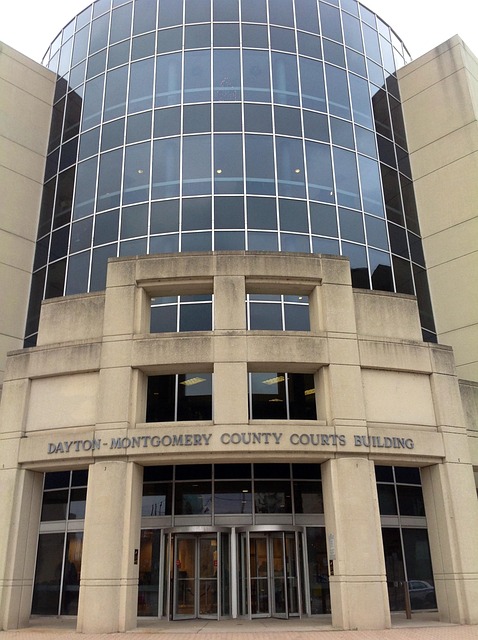Personal injury success rates indicate a law firm or attorney's proficiency in handling such cases, with high rates suggesting expertise. To evaluate an attorney, consider past outcomes like win-loss ratios and average settlements, especially for car accidents and wrongful death cases. When choosing a firm, analyze their track record in similar cases to yours, as success rates might not reflect specialized areas or complex challenges like medical malpractice or insurance disputes.
Before hiring a personal injury attorney, understanding their success rate is crucial. This article guides you through the process of evaluating personal injury success rates and provides key questions to ask. We delve into what these rates mean, how to interpret them, and uncover hidden patterns in track records. By the end, you’ll be equipped with the knowledge to make an informed decision, ensuring the best possible outcome for your case.
- Understanding Personal Injury Success Rates: What They Mean and How to Interpret Them
- Key Questions to Ask Before Hiring a Personal Injury Attorney Based on Success Rate
- Evaluating Track Records: Uncovering Hidden Patterns in Personal Injury Success Rates
Understanding Personal Injury Success Rates: What They Mean and How to Interpret Them

Personal injury success rates refer to the percentage of cases a law firm or attorney has successfully resolved, often through settlements or judgments, compared to the total number of cases they’ve handled. It’s a crucial metric for clients to consider when evaluating legal representation because it offers insights into an attorney’s track record and proficiency in personal injury cases. These success rates can vary significantly among firms, reflecting their strategies, expertise, and dedication to client outcomes.
Interpreting these rates requires understanding that not all cases are created equal. Factors such as the complexity of the case, the strength of evidence, and negotiating skills can influence outcomes. Therefore, a high personal injury success rate doesn’t necessarily mean an attorney will secure the best possible client recovery in every situation. However, it does suggest they have a proven ability to navigate legal complexities and achieve favorable results for their clients, often leading to substantial breach of contract settlements or client recovery in cases involving real estate litigation.
Key Questions to Ask Before Hiring a Personal Injury Attorney Based on Success Rate

When considering hiring a personal injury attorney, understanding their success rate is paramount. Start by inquiring about past case outcomes, especially those similar to your situation. A reputable car accident attorney will be able to provide detailed information on their successful wrongful death cases and the corresponding accident settlements.
Ask for specifics like win-loss ratios, average settlement amounts, and any notable achievements or awards received. This data offers insight into their expertise, track record, and potential outcomes for your case. Remember, a strong personal injury success rate indicates proficiency and dedication to securing favorable compensation.
Evaluating Track Records: Uncovering Hidden Patterns in Personal Injury Success Rates

When evaluating personal injury law firms, delving into their past performance is crucial. While success rates are often quoted, it’s essential to uncover hidden patterns. Look beyond the averages and consider the types of cases they’ve taken on—were they similar to yours? For instance, a firm with a high success rate in car accidents might not have the same track record for complex medical malpractice cases or caregiver abuse. This distinction is vital as each area requires specialized knowledge.
Additionally, examine how they handle specific challenges like insurance disputes. A strong success rate in this realm suggests they possess robust negotiation skills and an in-depth understanding of employment contracts or insurance policies. Such expertise can significantly impact the outcome of your case, ensuring you receive fair compensation for your injuries.
When considering legal representation for your personal injury case, understanding the attorney’s success rate is vital. By asking specific questions and evaluating their track record, you can make an informed decision that may significantly impact your outcome. Remember, a high personal injury success rate indicates proficiency, but it’s just one aspect to consider. Choose a lawyer who aligns with your needs and communicates a clear strategy for navigating the complexities of your case.






